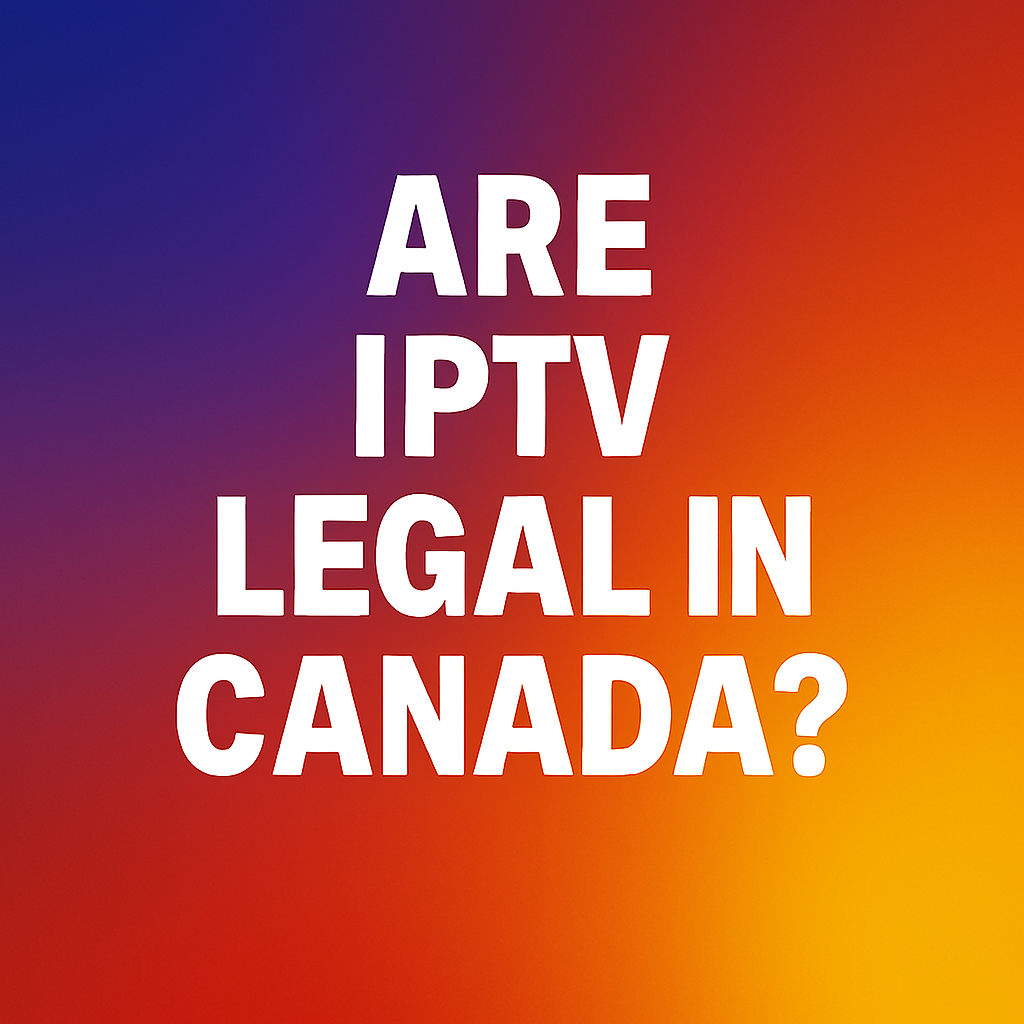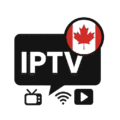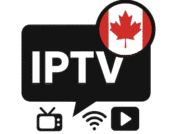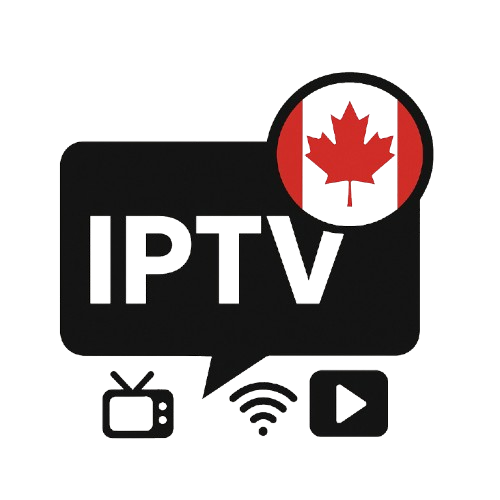
are iptv legal in canada
What is IPTV?
Internet Protocol Television (IPTV) is a method of delivering television content over the internet rather than through traditional cable or satellite. Think Netflix, but for live TV channels. The technology itself is completely legal and widely used by major Canadian telecoms.
The Legal Landscape in Canada
PERFECTLY LEGAL IPTV Services:
Major Telecom Providers: • Bell Fibe TV • Rogers Ignite TV • Telus Optik TV • Shaw BlueCurve TV • Videotron Helix TV
Licensed Streaming Services: • CBC Gem • CTV.ca • Global TV App • TSN Direct • Sportsnet NOW • Amazon Prime Video Canada • Disney+ Canada
What Makes Them Legal: • Proper content licensing agreements with copyright holders • CRTC compliance (where required) • Transparent business operations • Legal distribution rights for Canadian market
ILLEGAL IPTV Services:
Red Flags to Watch For: • Offering “all premium channels for $10/month” • No clear business address or legal information • Accessing US-only content without proper licensing • Streaming copyrighted sports, movies, or TV shows without authorization • Services that frequently change names or URLs • Payment only through cryptocurrency or untraceable methods
Legal Framework & Regulations
CRTC (Canadian Radio-television and Telecommunications Commission):
• Internet-based services are generally exempt from CRTC licensing • However, they must still comply with copyright laws • Traditional broadcasting regulations don’t always apply to IPTV
Copyright Act of Canada:
• Protects content creators and distributors • Makes unauthorized streaming/distribution illegal • Applies to both service providers AND users
Criminal Code:
• Large-scale illegal distribution can face criminal charges • Commercial piracy operations are prosecuted federally
Real Legal Consequences & Cases
For Service Providers:
• Beast TV Case (2023): Creator Tyler White fined $7.1 million by major entertainment companies • Set TV Case: Massive international IPTV operation shut down, operators faced criminal charges • GoldTV Case: Canadian-based illegal IPTV service resulted in multiple arrests
For Users:
• Fines up to $25,000 under the Copyright Act • Legal letters from copyright holders demanding payment • Internet service suspension by ISPs under court orders • Criminal charges for large-scale sharing or reselling
Recent Enforcement Trends:
• Increased cooperation between US and Canadian authorities • More aggressive pursuit of both providers and users • ISPs required to block access to illegal streaming sites • Payment processors cutting off illegal services
How to Stay Legal
Safe Choices:
- Verify Licensing: Legitimate services will clearly state their content licensing
- Check Business Registration: Real companies have verifiable business information
- Read Terms of Service: Legal services have comprehensive, transparent terms
- Price Reality Check: If it’s significantly cheaper than official services, it’s likely illegal
- Payment Methods: Legitimate services accept standard payment methods and provide receipts
Due Diligence Questions:
• Does the service have proper Canadian business registration? • Can you find their physical address and contact information? • Do they provide customer support through official channels? • Are they transparent about their content licensing agreements? • Do they comply with Canadian tax requirements?
The Gray Areas
VPNs and Geo-Blocking:
• Using VPNs to access geo-blocked content exists in a legal gray area • While not explicitly illegal, it violates most streaming services’ terms of service • Could potentially result in account suspension
Personal Use vs. Commercial Distribution:
• Personal streaming may have different legal implications than commercial redistribution • Selling access to illegal streams is definitely illegal • Even sharing passwords for legitimate services can violate terms of service
Industry Impact & Future
Economic Impact:
• Illegal IPTV costs Canadian content creators millions annually • Affects investment in Canadian content production • Impacts jobs in the entertainment industry
Technology Evolution:
• Legal IPTV services continue to improve and expand • More affordable legal options becoming available • Better content libraries and user experiences
Regulatory Changes:
• Ongoing discussions about modernizing broadcasting regulations • Potential new rules for internet-based services • Increased international cooperation on enforcement
Bottom Line Recommendations
For Consumers:
- Stick with established, licensed providers
- If in doubt, research the service thoroughly
- Remember: if it seems too good to be true, it probably is
- Consider the legal risks vs. potential savings
- Support legitimate Canadian content creators
Red Flags to Avoid:
• Services advertising “all channels worldwide” • Extremely low prices for premium content • No clear legal or contact information • Payment only through untraceable methods • Frequent service interruptions or channel changes • Poor video quality or unreliable streams
Resources for More Information
• CRTC Website: crtc.gc.ca • Copyright Board of Canada: cb-cda.gc.ca • Canadian Anti-Fraud Centre: antifraudcentre-centreantifraude.ca • Competition Bureau Canada: competitionbureau.gc.ca
Disclaimer: This information is for educational purposes only and should not be considered legal advice. Laws and regulations can change, and individual circumstances may vary. Consult with a legal professional for specific legal guidance.
#IPTV #CanadaLaw #StreamingSafely #DigitalRights #Copyright #CRTC #LegalStreaming #EntertainmentLaw


